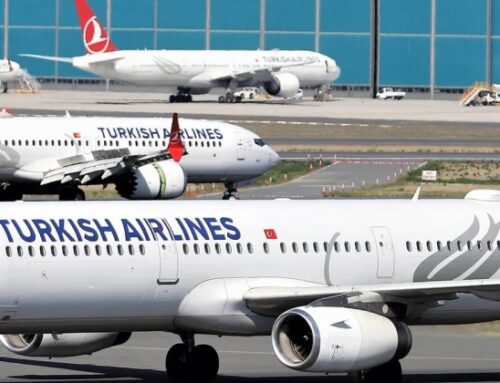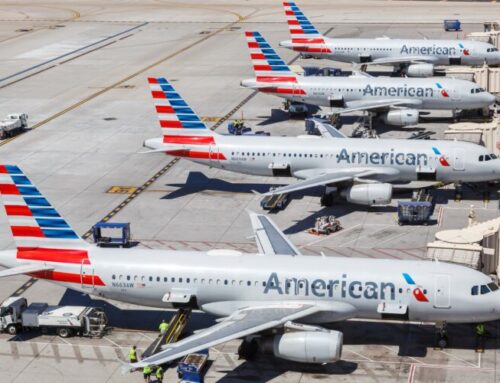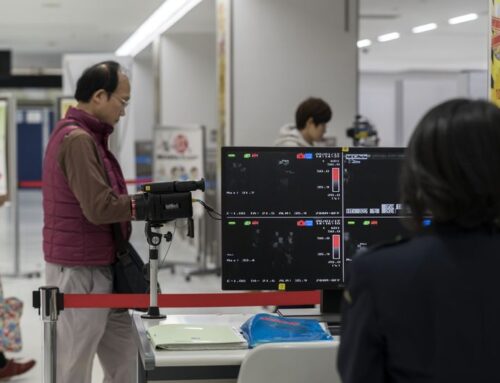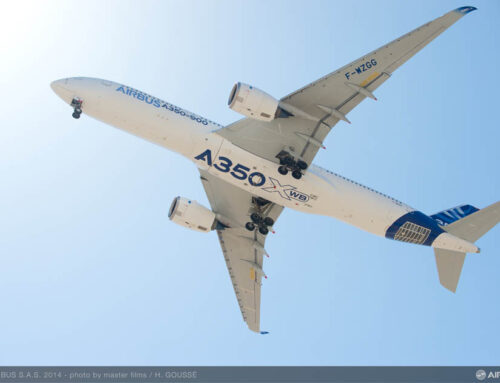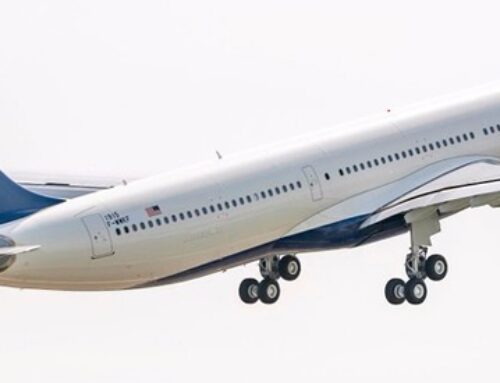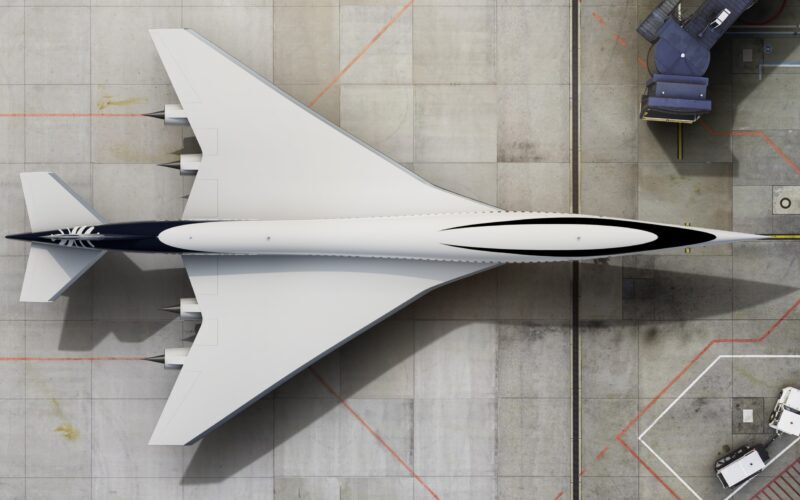
Boom is attempting to revive the concept of a supersonic airliner, last explored by the legendary Concorde in the 1970s. After being shunned by the civilian market, Boom Supersonic will team up with another US-based startup, Kratos Defense, to develop an engine capable of powering supersonic airliners.
Kratos’ Florida Turbines Technologies will lead the design of the engine and will assemble “some of the first engines,” Boom Chief Executive Officer Blake Scholl explained, as quoted by Reuters.
The Overture, Boom’s proposed four-engine aircraft, is planned to reach a speed of Mach 1.7 and carry 65 to 88 passengers. That speed would allow going from New York to London in three hours and 30 minutes, against six hours and 30 minutes today.
The SST to emerge from that would be a 21st century version of the Concorde, the Anglo/French supersonic transport that whisked passengers across the Atlantic in three-and-a-half hours between 1976 and 2003. Overture would be a tad slower (still twice as fast as conventional jetliners), cruising at Mach 1.7, 1,150 miles per hour or 1,850 km per hour, compared to Concorde’s Mach 2. It’s also smaller (65 to 80 passengers, while Concorde carried 92 to 128); and at 201 feet long, just a foot shorter.
Boom’s Overture would benefit from the advances from 50 years of intervening aviation progress — lighter composites, newer electronics and controls. At a moment when aircraft makers are at work designing low-carbon versions of their regular airliners, Boom promises Overture will fly carbon-neutral — no new CO2 added to Earth’s atmosphere, thanks to “sustainable aviation fuel” made with hydrogen and using solar energy and carbon dioxide harvested from the atmosphere.
Kratos is behind the successful development of the XQ-58 Valkyrie stealth combat drone, which is currently being tested by the United States Air Force Research Laboratory.
Boom had experienced a period of uncertainty in which it failed to attract the participation of civilian engine makers.
In September 2022, Rolls-Royce pulled out of Boom’s supersonic jet project two years after signing a collaboration agreement.
In October 2022, CFM International expressed a similar sentiment, saying that its primary focuses were emissions and fuel performance. “I don’t see this market being significant enough to divert investment into a supersonic engine,” CFM Chief Executive Officer Gaël Méheust said during the ALTA AGM & Airline Leaders Forum.
But this did not prevent Boom from convincing airlines. In June 2022, United Airlines signed an agreement with Boom Supersonic to purchase 15 Overture airliners, with an option for 35 more aircraft.

